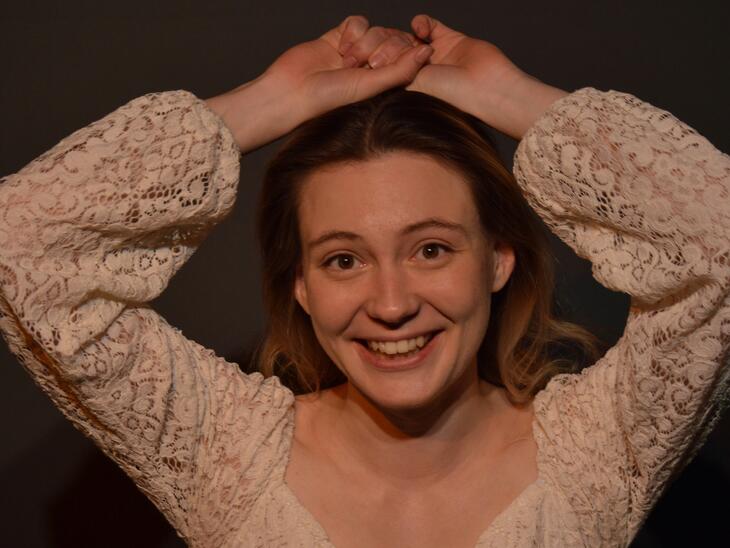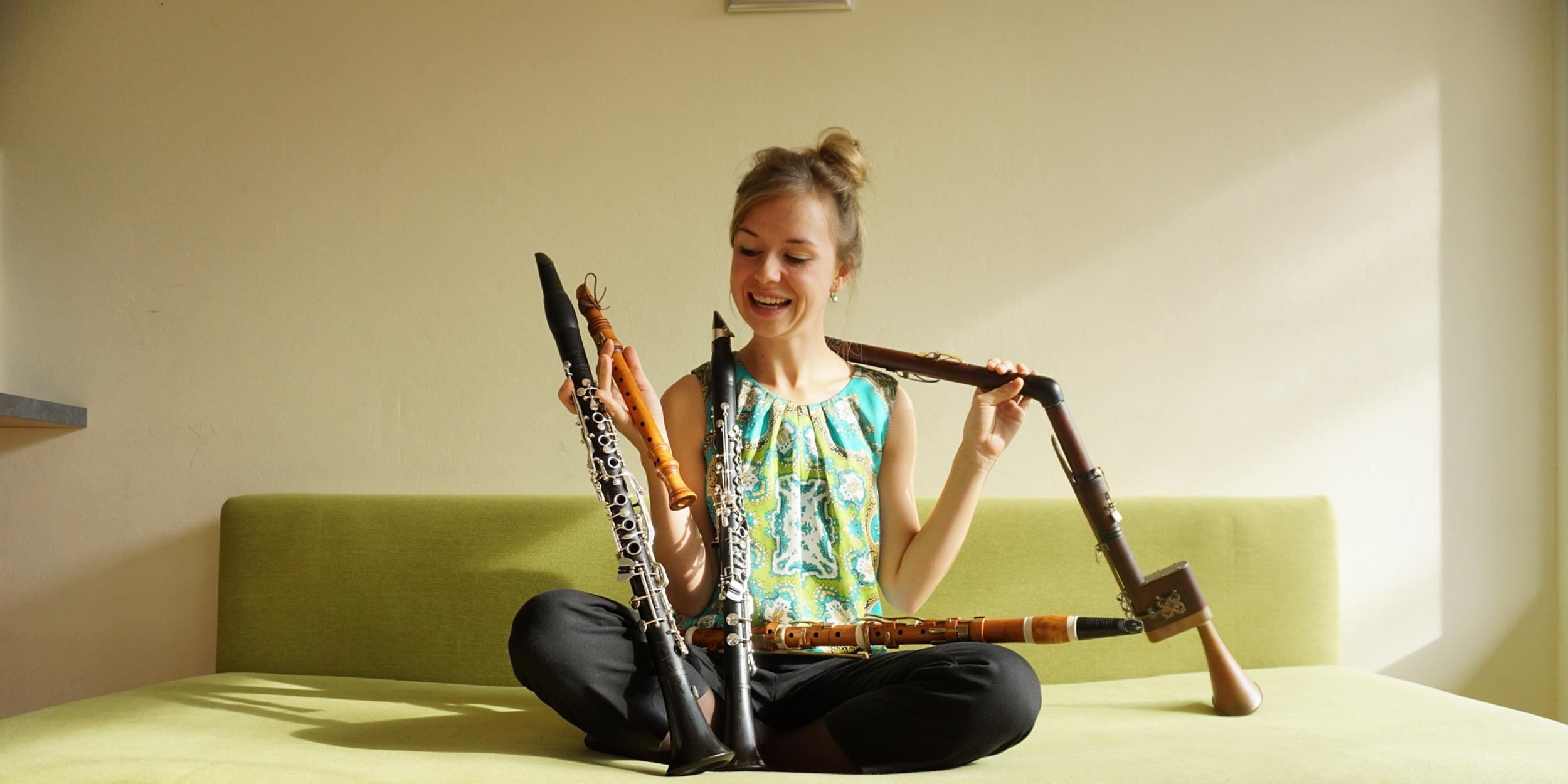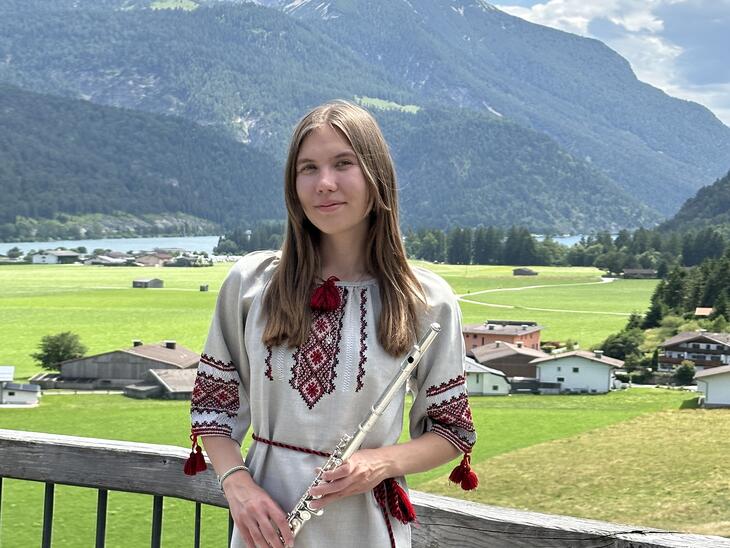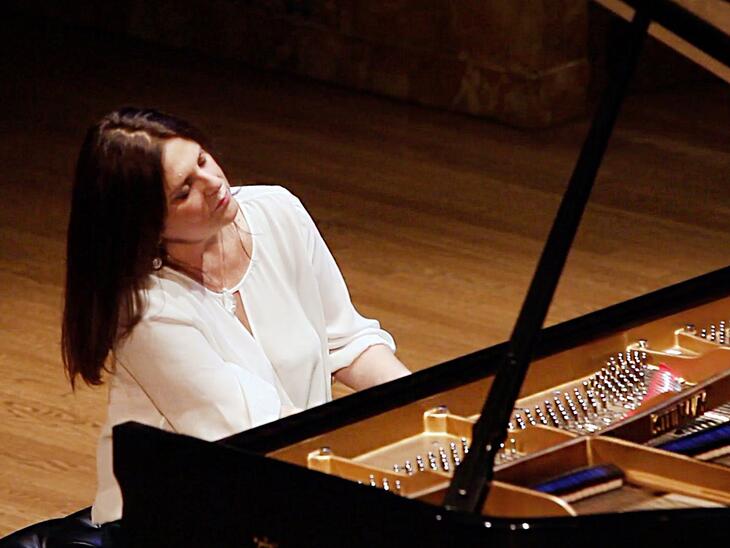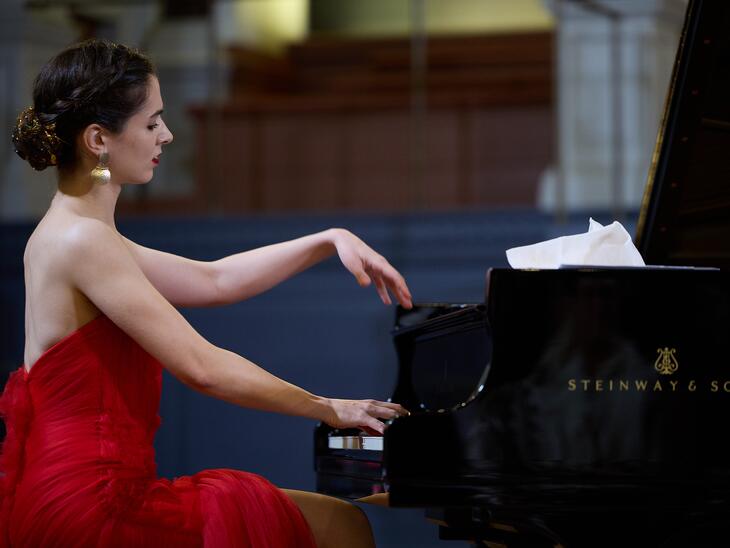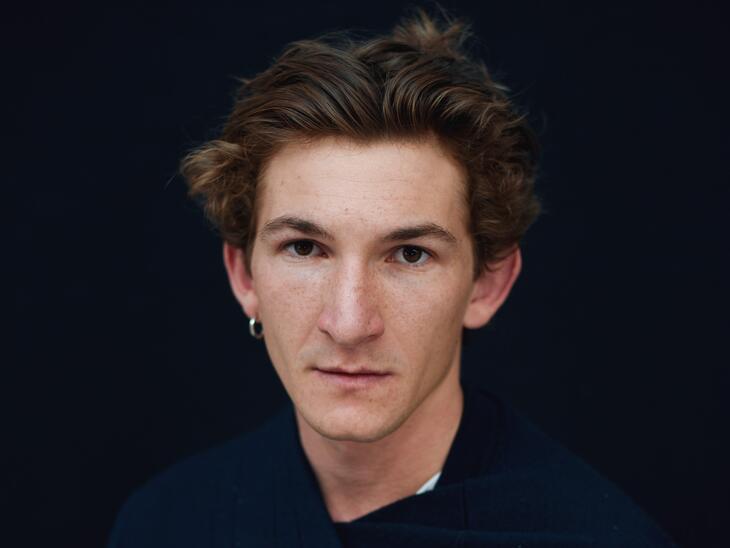How did you experience the Corona period as an artist?
The year 2020 began very promisingly at first. A jubilee like this year's Beethoven Year means a lot of work in the field of "early music". Some time ago I was approached for a tour with the Australian Chamber Orchestra. This is a very renowned chamber orchestra in Australia and certain projects take place with historical wind instruments. I was there for the whole month of February. Of course, you kept hearing in the media about the novel Corona virus or being asked at the airport if you had been in China in the last two weeks. But otherwise everything was still normal. At the end of February, when the first cases appeared in Innsbruck, I was briefly at home and on March 1 I went on another short tour. This was a concert tour to Beirut (Lebanon) with the Camerata Salzburg. At the Salzburg airport we had to get in touch with the embassy because some musicians from Italy were there and they didn't want to let them on board. We were surprised at that time and they joked. When we came back, the seriousness of the situation at the airports became more noticeable, because you had to give precise information about where you had been, etc. I couldn't really accept it at the time. I couldn't really appreciate it at the time. On March 8, I came back and then it went blow by blow. I resumed teaching in Berchtesgaden for a week before everything was cancelled. The classes were held online and I went to my home in Tyrol and settled in.
What were the biggest challenges?
It was all very unrealistic, but basically I quickly got comfortable with slowing down a bit, doing things I'd wanted to do for a long time. But I made sure from the beginning that I kept a regular daily routine. I was able to devote myself again to personal practice on my various clarinet instruments and didn't have to prepare only for performances and lessons. For me, the time was actually quite relaxed. You just couldn't plan anything anymore. First I thought it would go on in April and then there was another cancellation in the mails. At some point, the rejections came for July and you realized that you can't expect anything for a long time. But I was lucky enough to take part in the hearing at the Tiroler Musikschulwerk and was successful. It wasn't quite clear when I would be allowed to take up the position, i.e. when the face-to-face lessons would start again, but I then began teaching full-time in mid-May. Initially with individual lessons and spacing rules, in the meantime group lessons are also allowed again.
So it was also important for you to maintain both pillars: Instrumental pedagogy and concert activity?
My first career wish after graduating from the Innsbruck Music High School was to become a music school teacher. In the course of time it turned out that I also like playing in an orchestra and prefer the epochs from baroque to romantic. The ensembles in the early music scene nowadays go all the way into the Romantic period - so there's plenty for clarinets to do. I would really miss it if I could no longer do that at all. But I am basically very happy to be a teacher at a music school. I really enjoy the work.
Just recently, I was talking to another alumna who also works in the "early music" field. A funny coincidence…
During the time of my IGP master studies at the Mozarteum, I became more and more immersed in this world. I studied historical clarinets with Dr. Ernst Schlader as an addition to my concert studies in Graz, and through this I found a new approach to interpretation and to music in general.
Are there already any prospects for upcoming concerts?
Until July everything was really cancelled, partly with replacement dates next year. The first thing that is fixed from today's point of view with a contract and booked train tickets is at the end of August in France. I would be very happy about that and I am confident. It's on a small scale, so it's chamber music. I have the impression we all want to play again, something has to happen. But, of course, there always remains a factor of uncertainty. I also understand every organizer who finds it too risky to hold concerts at the moment.
Is there a positive aspect that you can take away from the Corona period?
Yes, definitely. I was able to bring out a lot of things again and go back to the essential things that I had wanted to play again for a long time. The online teaching also worked better than expected. Some students had more time to work on the instrument and made more progress than I would have expected.
Are there any wishes or suggestions on your part for special conditions that you need as an artist?
I think we have little influence on the further development. We have no chance against a virus. I really don't know how everything should go on: we musicians depend on being allowed to travel freely. It should not be a disadvantage to come from Austria if, for example, there are particularly good early music ensembles in France. It is a dilemma. I am already worried about what will become of the students who are currently still studying and do not yet have a profession. In recent years, there has been repeated talk of an oversupply of classically trained musicians.
Do you have any experience with assistance programs?
No, because I have not made any applications at all. I had good income at the beginning of the year and because of the music school position I don't have to worry financially. At the moment, I have come to terms with the fact that I am now mainly teaching, and how it will go on, we will see. But one must not forget that the pedagogical as well as the artistic demands on a music school teacher are high and one has to play very well oneself. Of course, the majority of students are beginners, but there are also those who need very specific support at a very high artistic level, and that's nice.
Is there anything else you would like to tell us?
If I had to make a career decision again, I would make it the same way. There are students who do not want to go to music school at all, but it would be helpful to convey that a "Plan B" is important. For example, another degree, training in management, etc. It hurts me to see people frustrated working in a music school. The children get nothing out of it. One should perhaps draw up the professional profile more precisely while still studying.
